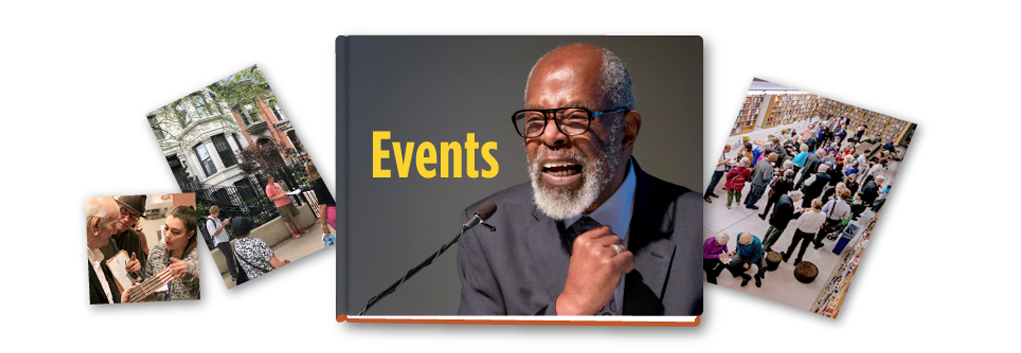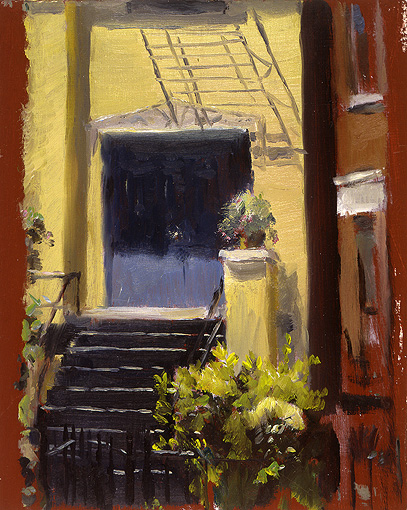
Great Chicago Books Club: Don De Grazia’s American Skin
Sunday, October 28, 2018
6-8:30 p.m.
Private Home
Lincoln Park, Chicago
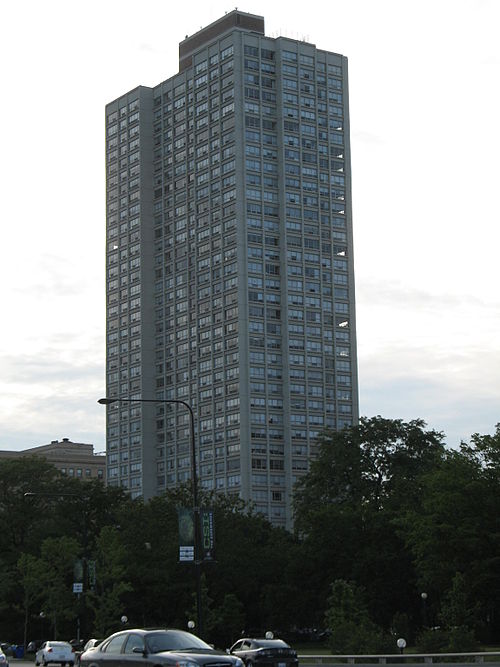
Trivia Night and Silent Auction Fundraiser
Saturday, September 15, 2018
5-8 p.m.
1700 Building
1700 E. 56th Street
Penthouse
Chicago, IL 60637
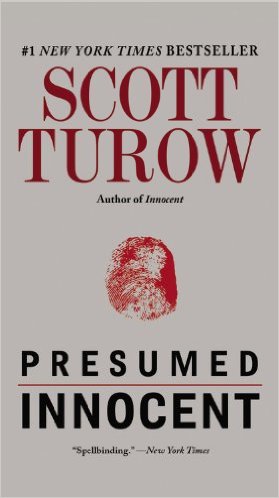
GCBC: Author Fundraiser Dinner with Scott Turow
Sunday, August 26, 2018
6-8:30 p.m.
Private Residence
Evanston, IL
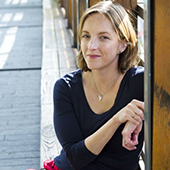
14th Annual Northwestern Summer Writers’ Conference
Saturday, August 11, 2018
4:45 p.m.
Northwestern University—Chicago Campus
Wieboldt Hall
339 E. Chicago Ave.
Chicago, IL 60611
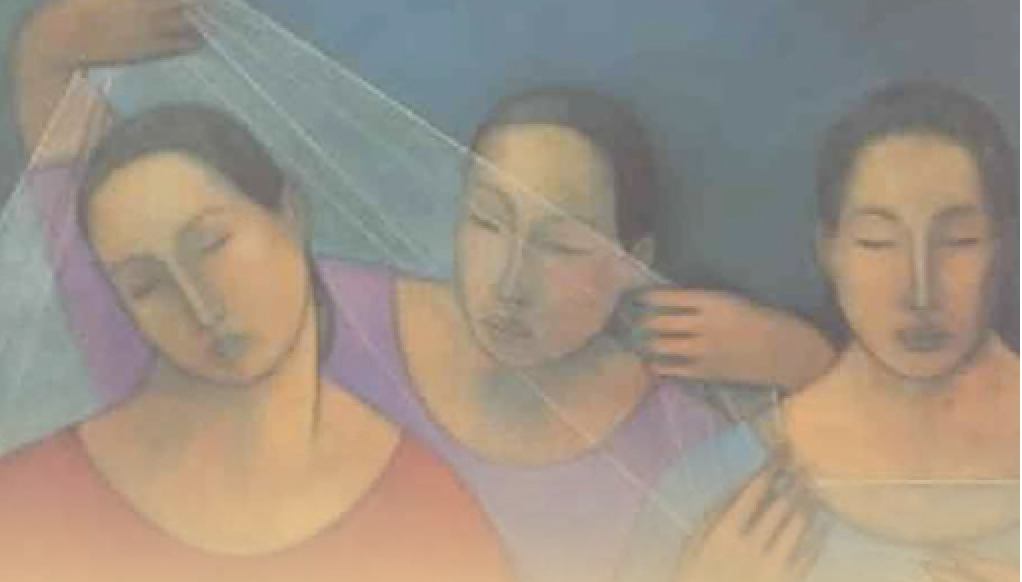
Pilsen Literary Walking Tour
Sunday, August 5, 2018
11:00 to 1:00 pm
Meet and end at the 18th Street Pink Line Stop
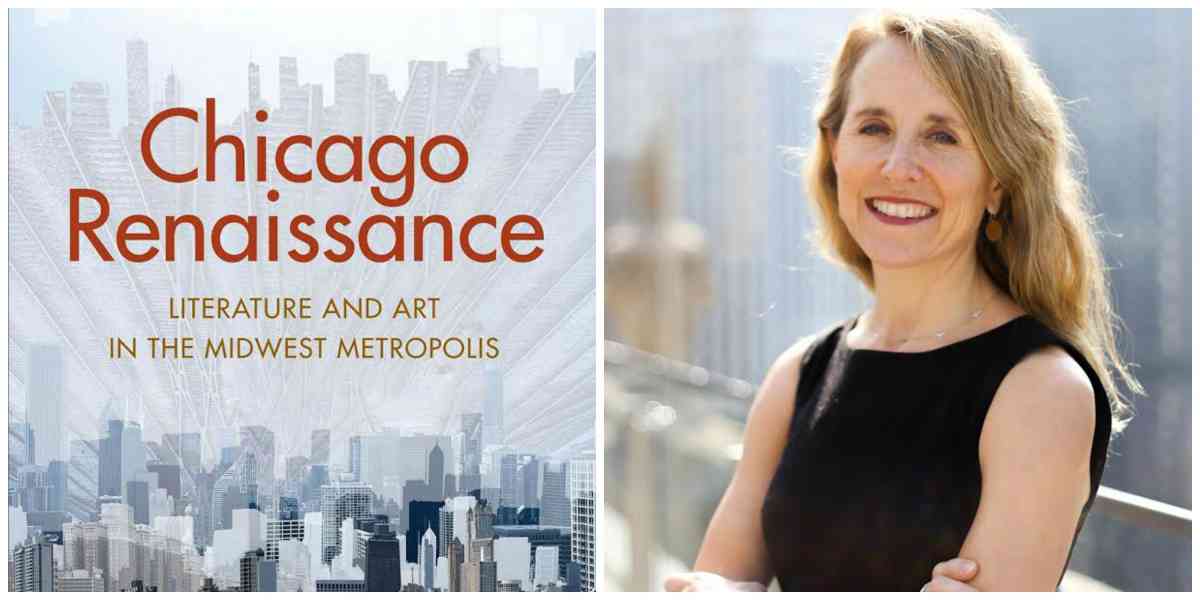
Great Chicago Books Club: Liesl Olson’s Chicago Renaissance
Sunday, June 24, 2018
6-8:30 p.m.
Ravenswood Manor
Private Home
Contact Don Evans at dgevans@chicagoliteraryhof.org for more details.
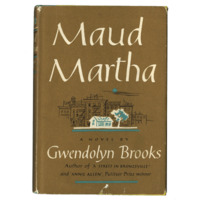
Great Chicago Books Club: Maud Martha
Sunday, May 27, 2018
6-8 p.m.
Oak Park
Email Don Evans at dgevans@chicagoliteraryhof.org for details.
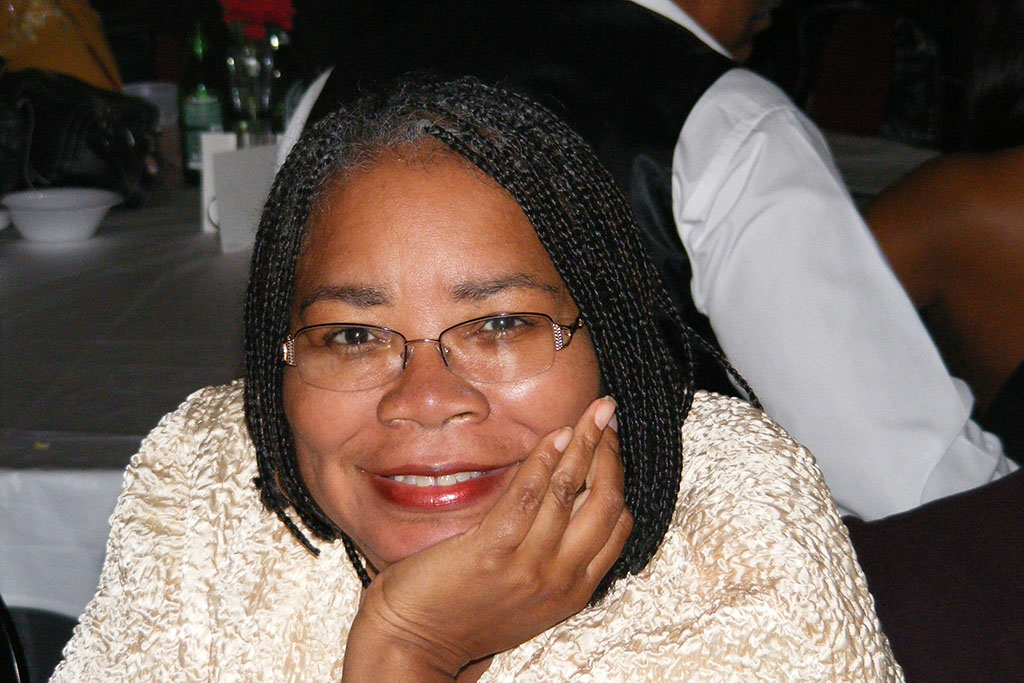
Fuller Award Ceremony: Angela Jackson
Thursday, May 17, 2018
7-9 p.m.
Poetry Foundation
61 W. Superior St.
Chicago, IL 60654
Free and open to the public.
Refreshments served.
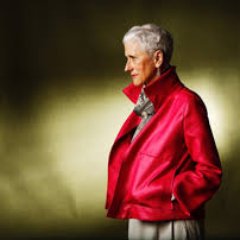
Great Chicago Books Club: Hardball
Sunday, April 22, 2018
5:30-8 p.m.
Oak Park
For details, contact email Don Evans at dgevans@chicagoliteraryhof.org.

A Funny Thing Happened on the Way to the Punch Line: The Evolution of the Chicago Comics into an Art Form
Thursday, April 19, 2018
5:30-7:30 p.m.
Chicago Literacy Alliance
641 W. Lake Street
Suite #200
Chicago, IL 60661
Literary Chicago
Sign up for CLHoF Announcements
Chicago Literary Hall of Fame
Email: Don Evans
4043 N. Ravenswood Ave., #222
Chicago, IL 60613
773.414.2603


